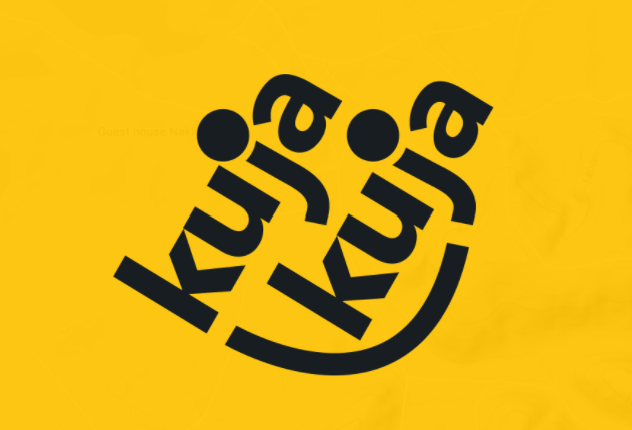Towards the end of 2019, we introduced phone surveying as a method of collection - specifically with partners in Colombia providing cash transfer services to Venezuelan migrants. This was our first step into trialing remote data collection tools.
When phone surveying for a specific service, Kuja Kuja works with its partners to cultivate a database of respondents. With agreements in place to ensure the privacy and anonymity of respondents, our Insight Associates call those who have received a service to collect their feedback. We also work with our partners to agree upon the cadence of these calls, conscious of the potential for response fatigue. Thus far, we've found that those we speak with are always happy to hear from us, and we have yet to encounter this fatigue!
When phone surveying generally within an affected community, we work with community leaders and through word of mouth to cultivate a database. In both cases - service specific and generally in communities, we've learned that it's important to take extra time, and build trust and understanding of Kuja Kuja's role over the phone. Respondents are less inclined to trust a phone call, than the beaming smile and bright yellow shirt they get to encounter when speaking to Kuja Kuja teams in person. However, there is a positive side as well! Once the trust and understanding is established, those we speak with over the phone often feel more comfortable to speak openly, now that they are outside of the service point, away from the worry that someone might hear their feedback.
We also believe that phone surveying is an answer to remote data collection for those who are not literate. Kuja Kuja's Insight Associates use their tablets, as they do with in-person data collection, to type and submit a person's feedback for them. The remaining question is only phone saturation - something we are continuing to monitor and observe as we use phone surveying more widely.

